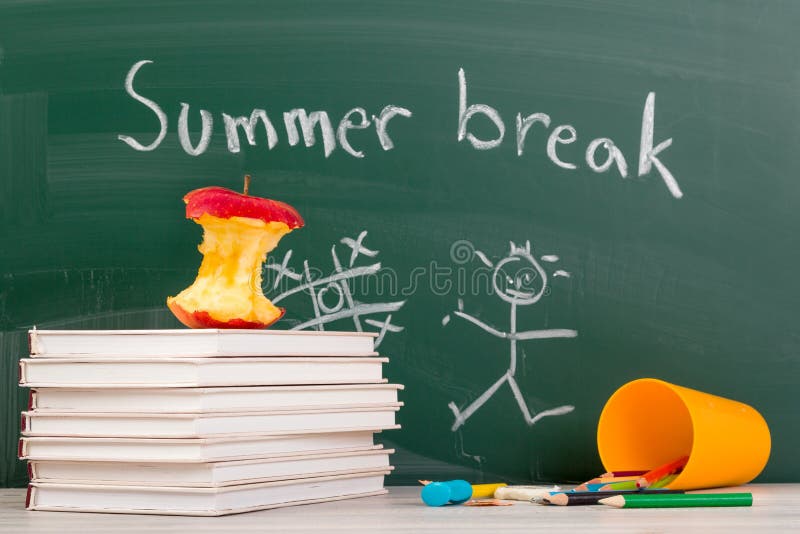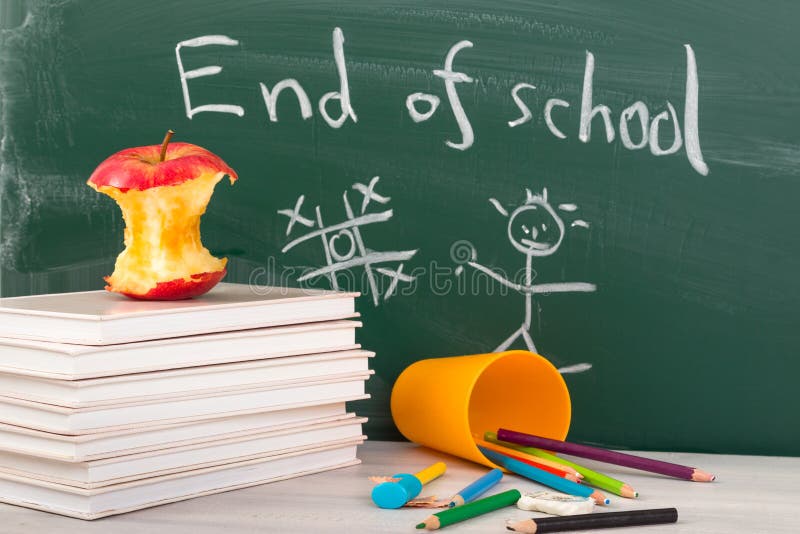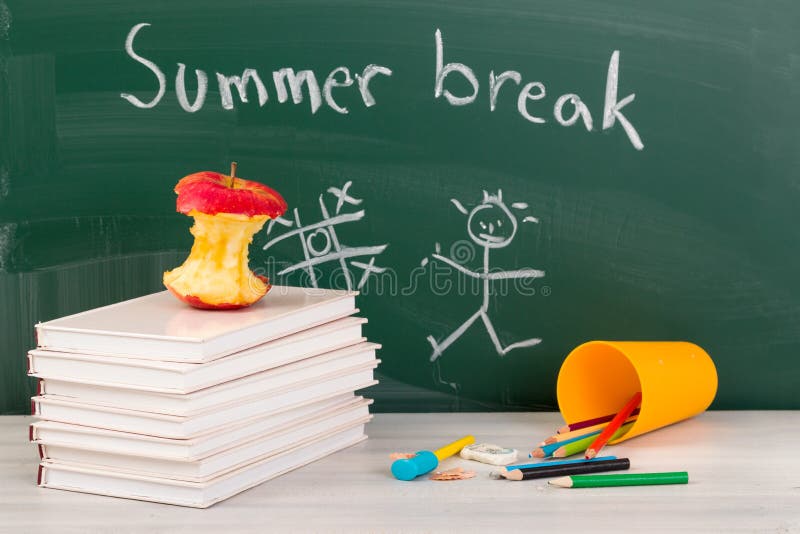Graduation Planning: Essential Steps for Academic Success
Effective graduation planning begins years before the actual ceremony, involving strategic course selection, credit accumulation, and milestone tracking. Students and families who engage in proactive graduation planning experience reduced stress, improved academic outcomes, and enhanced post-graduation opportunities. The planning process encompasses academic requirements, standardized testing schedules, college application timelines, and career exploration activities.
Contemporary graduation planning must also address emerging educational pathways including dual enrollment programs, career and technical education certificates, and alternative credentialing systems. These diverse options provide students with multiple routes to graduation while building practical skills and real-world experience. Additionally, graduation planning increasingly incorporates digital portfolio development, internship coordination, and community service requirements that enhance students' college and career readiness.
Financial planning represents a critical component of graduation preparation, particularly for students pursuing post-secondary education. Understanding scholarship opportunities, financial aid processes, and education funding options enables families to make informed decisions about educational investments. Early financial planning can significantly impact students' post-graduation choices and long-term financial stability.




